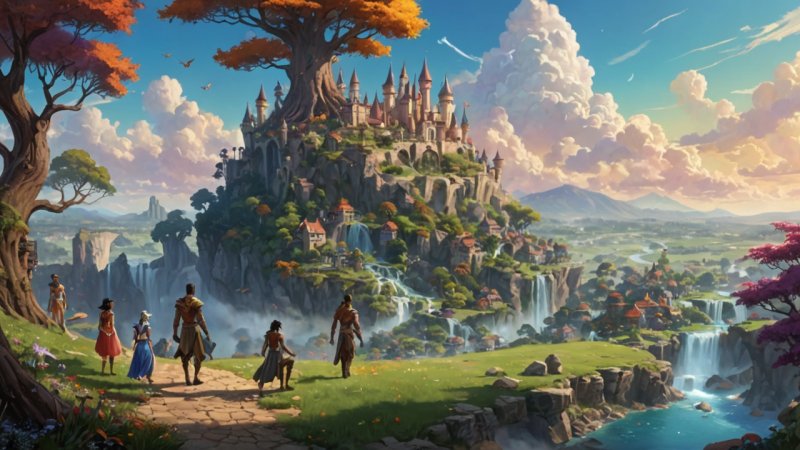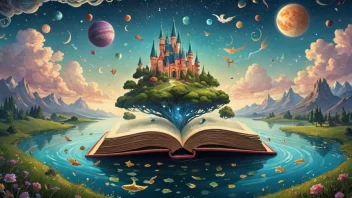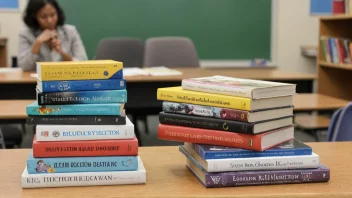Fantasy literature often transports readers to magical worlds filled with wonder and adventure. However, beneath the surface of dragons and wizards lies a deep exploration of societal issues, particularly class and privilege. Many authors use the fantastical elements of their stories to dissect and critique the hierarchies and inequalities present in our own world.
One of the most notable examples is J.R.R. Tolkien's 'The Lord of the Rings.' The narrative is not just a classic tale of good versus evil; it also reflects the struggles of class and the impact of privilege. The Shire, home to the Hobbits, represents a pastoral ideal, in stark contrast to the industrialized and war-torn lands of Mordor. This juxtaposition serves to highlight the disparities between different societies and the consequences of power and privilege.
Similarly, George R.R. Martin’s 'A Song of Ice and Fire' series dives into the complexities of social structures within its fantasy realm of Westeros. The series showcases the brutal realities of class warfare, where noble houses vie for power, often at the expense of the common folk. Characters like Tyrion Lannister navigate a world rife with prejudice, showcasing how privilege can distort one's identity and influence societal perceptions.
In more contemporary works, authors like N.K. Jemisin in 'The Broken Earth' trilogy use fantasy to address systemic oppression and class struggles. Jemisin’s world-building is intricately tied to themes of race, class, and privilege, as the oppressed class, the orogenes, face societal disdain and exploitation. Through this lens, readers are invited to reflect on the parallels between the fictional world and real-life inequalities.
Another important aspect is how fantasy literature often empowers marginalized voices. Works like 'Children of Blood and Bone' by Tomi Adeyemi focus on themes of resistance against oppressive systems, illustrating how characters of marginalized backgrounds rise against their circumstances. This narrative not only entertains but also serves as a catalyst for discussions around race, privilege, and the fight for justice.
Moreover, the escapism inherent in fantasy literature allows readers to confront uncomfortable truths about their own societies. By immersing themselves in these alternative worlds, readers can explore complex issues of class and privilege in a safe space, enabling personal reflection and growth.
In conclusion, fantasy literature is not merely about escapism; it serves as a powerful medium for discussing critical social issues, including class and privilege. Through its rich narratives and complex characters, it invites readers to reflect on societal structures and the impact of privilege on individual lives. As we delve into these fantastical realms, we uncover valuable lessons that resonate with our own world, encouraging a deeper understanding of the human experience.






